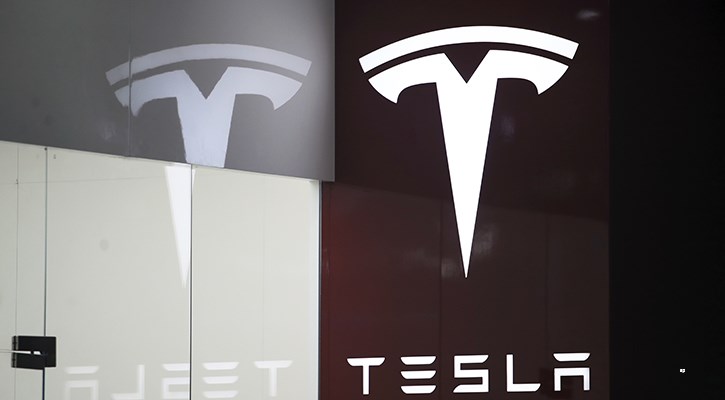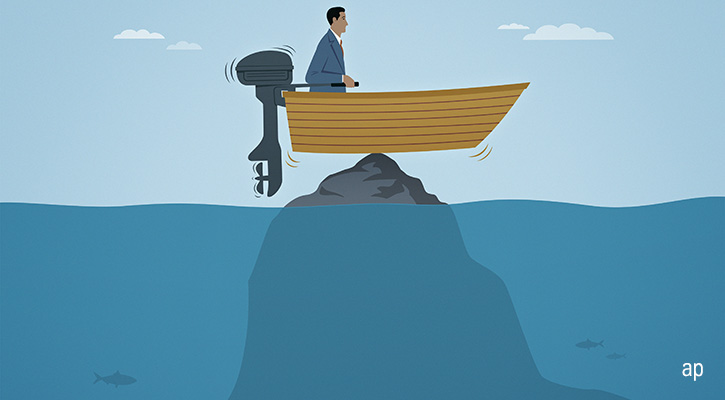
Today, a rising number of people are looking for ways to invest their money into greener and more sustainable investments.
But Valerie Burnham is well ahead on this trend, having started more than 50 years ago. She says: “I inherited money originally from my grandmother in my early 20s - which was more than 50 years ago.”
“I have always been interested in green and ethical investments so wanted to ensure I took a more principled stance when it came to investing this money.”
When she first started investing there was far less choice of where to invest her money, with the main options being ethical funds. Typically these simply excluded investments in certain sectors or companies.
“This at least ensured my money was not invested in arms companies and tobacco firms,” she says.
The first ethical funds in the UK grew out of the Quaker movement and avoided investments in a number of areas: as well as weapons manufacturers and tobacco companies, this also involved companies making money from alcohol, gambling or pornography — what have sometimes been referred to as "sin stocks".
Many of these funds are still available today, and some have good long term track records. However over the years their investment strategies have become more sophisticated. As well as excluding some areas, most now also take into account a whole range of environmental, social and governance (ESG) factors when deciding which stocks to buy, and will actively seek to invest in companies that have a good environmental and ethical track records.
Woodland Investment
Over the years Valerie has added to her original investments, through savings and other inheritances. Alongside equity investments she has also used her money to buy some woodland. She says: “The value of this has increased but it is not really profitable. The woodland is managed for environmental and social outcomes.”
There is now a much broader choice particularly when it comes to funds looking at these environmental issues.
Valerie is now retired from her "portmanteau career" which most recently saw her working as a trainer in parenting education. She has three daughters and five grandchildren, and hopes her investments will tackle issues like climate change that could have devastating consequences for the next generation.
She has been an early adopter of funds looking at climate change, being one of the first investors in the Quilter Cheviot Climate Assets Fund, which launched more than 10 years ago.
She says: “I was one of the very first investors in this fund and went to meet the managers with my financial adviser at the time to discuss the aims of the fund and what they were trying to achieve.
“I liked the fact that they invest in companies that are providing solutions to the ecological problems facing the world. Many of these are high-tech solutions.
“They have done extremely well compared to benchmarks recently.” She adds that her long-term investment strategy certainly seems to be paying dividends recently. “Its time has definitely come!” she adds.
This fund has an Morningstar Quantitative Rating of Silver, along with a 5-star rating - reflecting its strong performance in recent years against its benchmark and peers.
According to Morningstar data it has delivered annualised returns of 11.53% over the past three years, and returns of 10.07% over the last decade. Not surprisingly, it also scores highly on Morningstar’s Sustainability Ratings with a maximum of 5 globes.
This isn’t the only ethical investment that Valerie holds. She says: “I have also invested in Resonance STIR (Social Investment Tax Relief) Funds, which give unsecured loans to social enterprises in various areas of the UK to combat poverty and disadvantage.”
Risky Ventures
But as she points out sticking to her principles does not always deliver good returns, and historically at least this has sometimes been a more risky strategy to follow.
She says: “I have lost money by investing in some rather risky ’green’ start-ups. The Swansea Tidal Lagoon being one example, and another a fund which invested in various recycling projects. When the price of oil dropped it meant recycled plastic was not so desirable!”
But she thinks that with far more political and public awareness of climate change, there will be more demand for investments that support the transition towards a net zero carbon economy.
Alongside her investments Valerie is also a member of a "giving circle" called The Network for Social Change. “We club together to fund big and small projects, both charitable and non-charitable. Through the circle I can also discuss investments with others who share my values!”




























